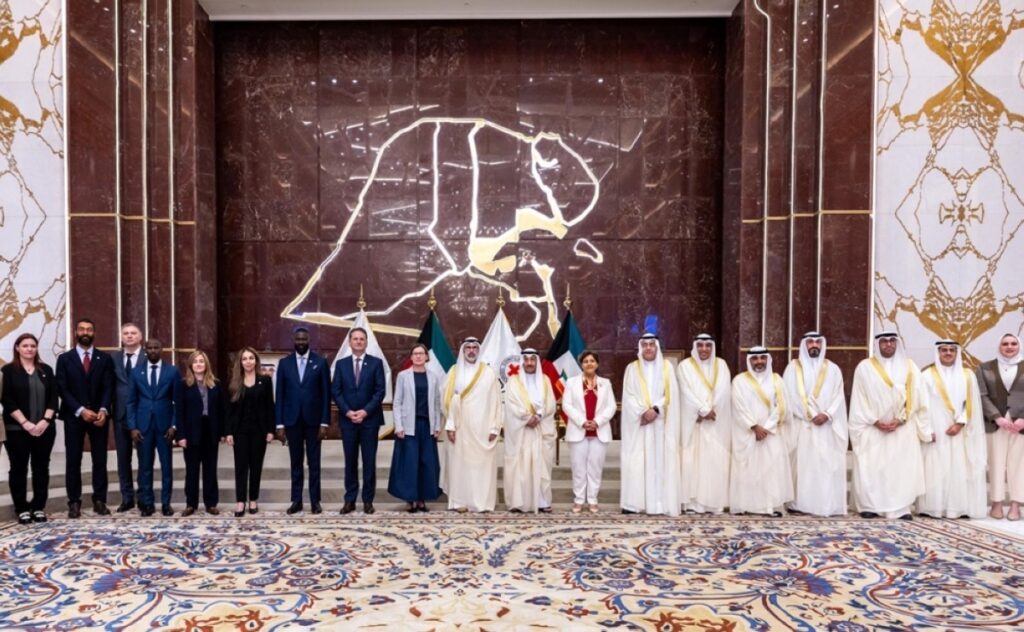Officials review ICRC’s role in following up on Kuwaiti prisoners of war, missing persons
KUWAIT: The fourth session of the high-level strategic dialogue between Kuwait and the International Committee of the Red Cross (ICRC) was held on Sunday at the Ministry of Foreign Affairs. The Kuwaiti delegation was led by Deputy Foreign Minister Ambassador Sheikh Jarrah Jaber Al-Ahmad Al-Sabah, while the ICRC delegation was headed by President Mirjana Spoljaric Egger.
In a press statement, the Ministry of Foreign Affairs highlighted that the dialogue focused on the longstanding strategic and humanitarian partnership between Kuwait and the ICRC, which has spanned over three decades and serves as a model for international humanitarian cooperation. The discussions emphasized the importance of respecting international humanitarian law and protecting civilians during times of conflict. The dialogue also reviewed the ICRC’s role in following up on Kuwaiti prisoners of war and missing persons over the past decades, as well as joint efforts to implement Security Council Resolution 2474 on missing persons in armed conflicts, which Kuwait submitted during its 2018-2019 tenure on the Security Council.
During the session, several key agreements were signed, including a grant from the Kuwait Fund for Arab Economic Development to the ICRC to finance a project providing health services and clean water in the Federal Republic of Somalia. Additionally, a cooperation agreement was signed between the Kuwait Red Crescent Society (KRCS) and the ICRC to support the sustainability of a program enhancing healthcare access for vulnerable communities in Sudan. The strategic dialogue concluded with the issuance of a joint declaration by Kuwait and the ICRC.
ICRC President Mirjana Spoljaric Egger reaffirmed the organization’s continued coordination with the Kuwait Red Crescent Society to address humanitarian challenges and praised Kuwait’s leading role in relief efforts. Speaking to Kuwait News Agency (KUNA) following her meeting with KRCS Chairman Khaled Al-Mughamis, she noted that the Society has been a key partner for decades, with its financial contributions enabling the ICRC to carry out its humanitarian mission in the Middle East, particularly in Gaza and Syria.
Spoljaric Egger added that discussions included frameworks for future cooperation, particularly in crisis zones such as Yemen, Gaza, Syria and other affected countries. She stressed the importance of strengthening joint humanitarian initiatives and expressed the ICRC’s eagerness to coordinate with the Red Crescent on future programs and projects.
KRCS Chairman Khaled Al-Mughamis, in a statement to KUNA, affirmed Kuwait’s commitment to supporting humanitarian causes and strengthening partnerships with international organizations. He noted that humanitarian work faces unprecedented challenges, requiring coordinated international efforts and timely responses to the needs of people affected by conflicts and disasters. Al-Mughamis highlighted Kuwait’s ongoing support for populations in Gaza, Syria and Sudan, and stressed the importance of developing cooperation and exchanging expertise to enhance humanitarian response efficiency, in line with the directives of Kuwait’s leadership to extend aid to those in need worldwide. — KUNA

